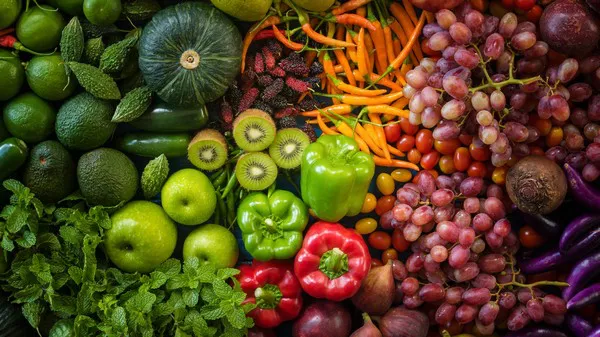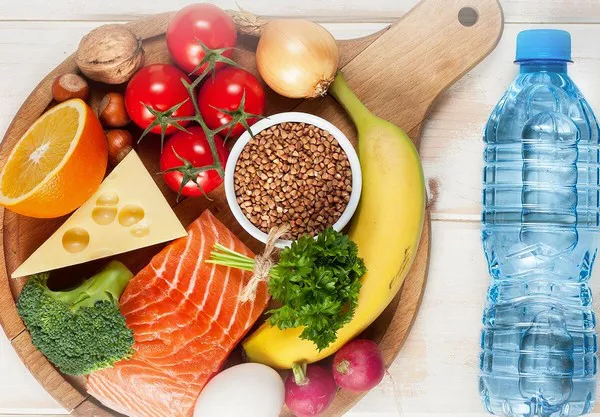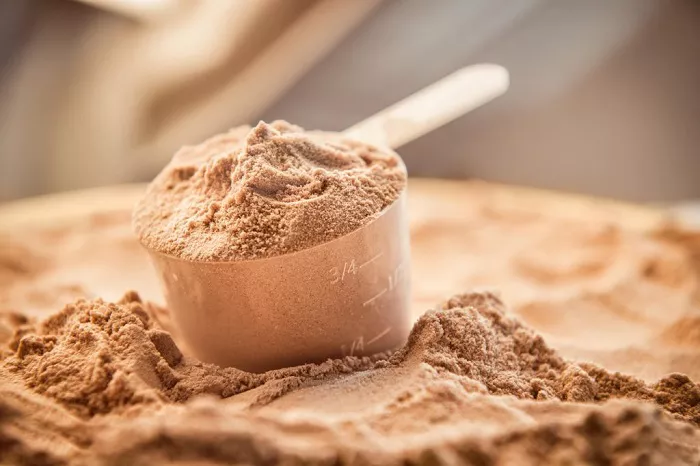Protein is an essential nutrient required for numerous functions in the body, including muscle growth and repair, enzyme production, and hormone synthesis. While animal products are often associated with high protein content, a vegan diet, which excludes all animal-derived foods, can also provide an adequate protein intake. In this article, we will delve into the topic of protein sources for vegans, exploring the diverse array of plant-based options available. By understanding the plant-based protein choices and incorporating them into a well-balanced diet, vegans can meet their protein needs and maintain optimal health and well-being.
Plant-Based Protein Sources for Vegans
Contrary to popular belief, there are numerous plant-based protein sources available to vegans. These sources contain varying amounts of protein and can be combined to form complete protein profiles that fulfill the body’s amino acid requirements. In the following paragraphs, we will explore some of the most common and protein-rich plant-based foods suitable for vegans.
1. Legumes
Legumes, such as lentils, chickpeas, black beans, and kidney beans, are excellent sources of protein for vegans. They are not only packed with protein but also provide fiber, complex carbohydrates, and a variety of vitamins and minerals. For example, a cup of cooked lentils contains approximately 18 grams of protein, making it a substantial plant-based protein source. Additionally, legumes offer a wide range of culinary versatility, allowing for the creation of hearty soups, stews, salads, and even plant-based burgers.
2. Soy Products
Soy products, including tofu, tempeh, and edamame, are considered complete protein sources, meaning they contain all essential amino acids. Tofu, made from soybeans, is a versatile ingredient that can be used in stir-fries, curries, and even desserts. It provides about 10 grams of protein per 3.5-ounce serving. Tempeh, a fermented soy product, offers an even higher protein content, with around 20 grams per 3.5-ounce serving. Edamame, young soybeans, can be enjoyed as a snack or added to salads, providing approximately 8 grams of protein in a half-cup serving. Soy products not only contribute to protein intake but also offer other beneficial nutrients, including calcium, iron, and omega-3 fatty acids.
3. Quinoa
Quinoa is a pseudocereal that is often referred to as a complete protein source due to its impressive amino acid profile. It contains all nine essential amino acids, making it an excellent protein choice for vegans. Additionally, quinoa is rich in fiber, magnesium, and various other nutrients. A cooked cup of quinoa provides approximately 8 grams of protein. This versatile grain can be used as a base for salads, added to soups, or enjoyed as a side dish.
4. Nuts and Seeds
Nuts and seeds are not only delicious and satisfying but also offer a good amount of protein. Almonds, cashews, walnuts, chia seeds, flaxseeds, and hemp seeds are just a few examples of protein-rich options. For instance, a quarter-cup serving of almonds provides approximately 7 grams of protein, while two tablespoons of chia seeds offer around 4 grams. Nuts and seeds can be enjoyed as a snack, added to smoothies or oatmeal, or used as toppings for salads and roasted vegetables. They are also a great source of healthy fats and other essential nutrients.
5. Whole Grains
Whole grains, such as quinoa, brown rice, oats, and whole wheat, provide not only carbohydrates but also a modest amount of protein. While they may not be as protein-dense as legumes or soy products, they contribute to overall protein intake when consumed as part of a balanced vegan diet. For example, a cup of cooked brown rice provides approximately 5 grams of protein, while a cup of cooked oats offers around 6 grams. Incorporating whole grains into meals can help increase protein content while providing other important nutrients, such as fiber and B vitamins.
6. Seitan
Seitan, also known as wheat gluten, is a popular meat substitute among vegans. It is made from wheat protein and has a chewy texture that resembles meat. Seitan is incredibly high in protein, with a 3.5-ounce serving containing about 25 grams of protein. It is typically used in dishes such as stir-fries, stews, and sandwiches. However, it is important to note that seitan is not suitable for individuals with gluten intolerance or celiac disease.
7. Plant-Based Protein Powders
For individuals who may struggle to meet their protein needs through whole foods alone,plant-based protein powders can be a convenient supplement. These powders are typically made from protein-rich sources such as peas, brown rice, or hemp. They can be easily added to smoothies, oatmeal, or baked goods to boost protein content. It is important to choose high-quality, reputable brands and read ingredient labels to ensure that the protein powder is free from additives and artificial sweeteners. Additionally, it is always recommended to consult with a healthcare professional or registered dietitian before incorporating supplements into your diet.
Conclusion
With careful planning and attention to a varied and balanced diet, vegans can easily meet their protein needs through plant-based sources. Legumes, soy products, quinoa, nuts, seeds, whole grains, and seitan are all excellent options that provide substantial amounts of protein. These plant-based protein sources not only contribute to protein intake but also offer a wide range of other essential nutrients. By incorporating a diverse array of plant-based proteins into meals and snacks, vegans can ensure they meet their protein needs while enjoying a nutritious and sustainable diet.
[inline_related_posts title=”You Might Be Interested In” title_align=”left” style=”list” number=”6″ align=”none” ids=”3114,3111,3109″ by=”categories” orderby=”rand” order=”DESC” hide_thumb=”no” thumb_right=”no” views=”no” date=”yes” grid_columns=”2″ post_type=”” tax=””]
































